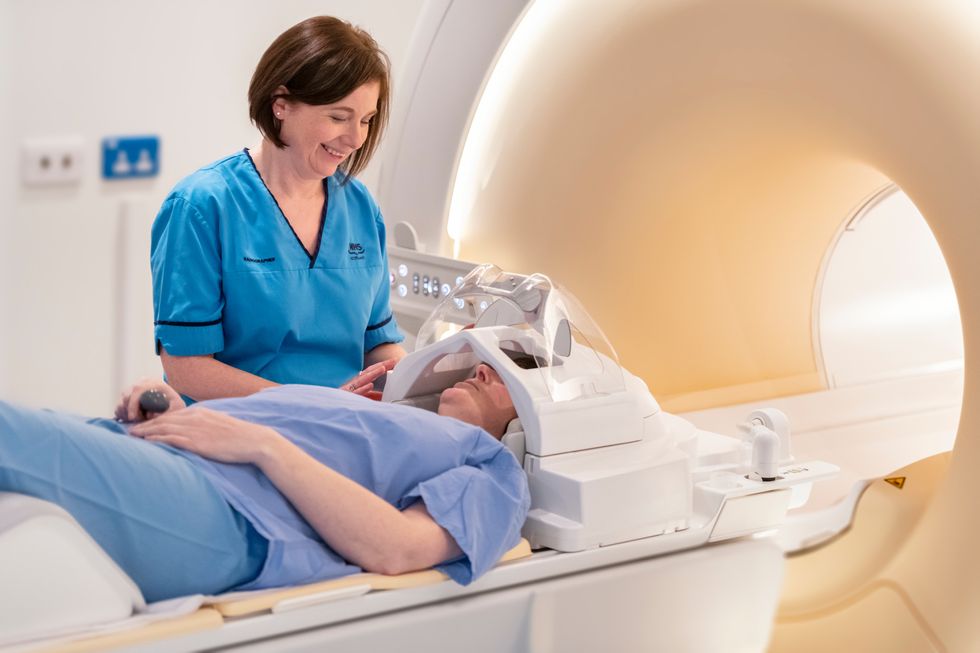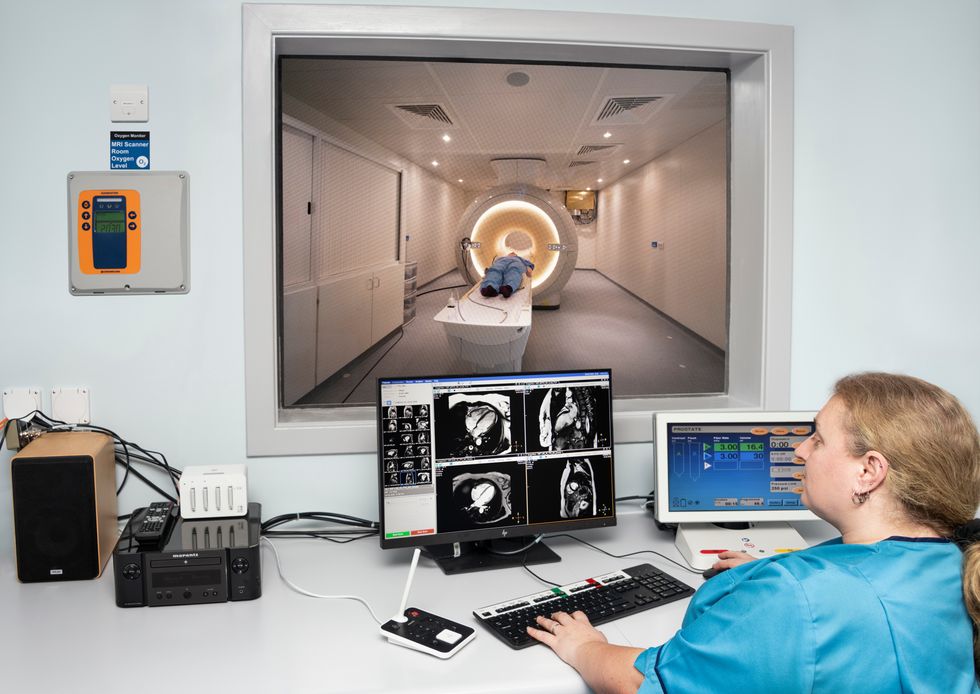Dan Barker
Jan 28, 2022

The University of Aberdeen MRI scanner can now give instructions in Doric (University of Aberdeen)
For many going in for an MRI scan can be a stressful experience but now, thanks to a technology overhaul, Doric speakers in Aberdeen will be able to hear instructions in their native tongue.
The University of Aberdeen’s MRI scanner already had 17 different languages programmed into it but now, with help from the university’s Elphinstone Institute, the machine can issue instructions in Doric.
Dr Gordon Waiter, a senior lecturer and brain imaging expert at the university, said that for many an MRI scan “can be unnerving so anything that makes the experience more relaxing is welcome”.
Now when patients are put into the machine, if selected, the Doric voiceover says: “The neist scan’ll tak five minties.”

And, rather than an English accent voiceover saying “in between the next few scans the table will move” Doric-speaking patients will now hear: “In a’tween the neist puckle o’scans the table will move aboot.”
Recent research by Dr Thomas McKean from the university’s Elphinstone Institute has explored how those with dementia experience second language attrition, eventually leaving them best able to communicate in their native tongue which in north-east Scotland is often Doric.
“People living with dementia find comfort in the familiar, the known, so hearing our mother tongue in a stressful medical situation can only be a benefit, helping to relax patients at a difficult time,” said Mr McKean.
For those wanting to hear Doric in the machine, they will be listening to the voice of Simon Gall, who has seen the affect that dementia can do to language skills.
“My grandmother, a Doric speaker who has dementia, struggles now with communication in English, but when carers and medical professionals use Scots, she is much more responsive,” he said.
“The uncertainty of receiving an MRI scan is perhaps a comparable experience on an individual level and the sound of Doric instructions may invoke positive feelings in those who hear them.”
The machine at the University of Aberdeen is the most advanced in the north of Scotland and, as well as being used for vital research into conditions such as Alzheimer’s, broken-heart syndrome and many more, it is used to scan some of the more complex cases being treated on the NHS.
It recently underwent a major £1.2 million upgrade which has the benefits of of clearer imaging, more accurate diagnosis and a 30% faster operating speed.
Dr Gordon Waiter, a senior lecturer and Alzheimer’s imaging expert at the University of Aberdeen said: “The 3T scanner is the workhorse of our research output – it is constantly in use scanning patients and volunteers from the whole of the north of Scotland, including Orkney and Shetland.”
Top 100
The Conversation (0)













